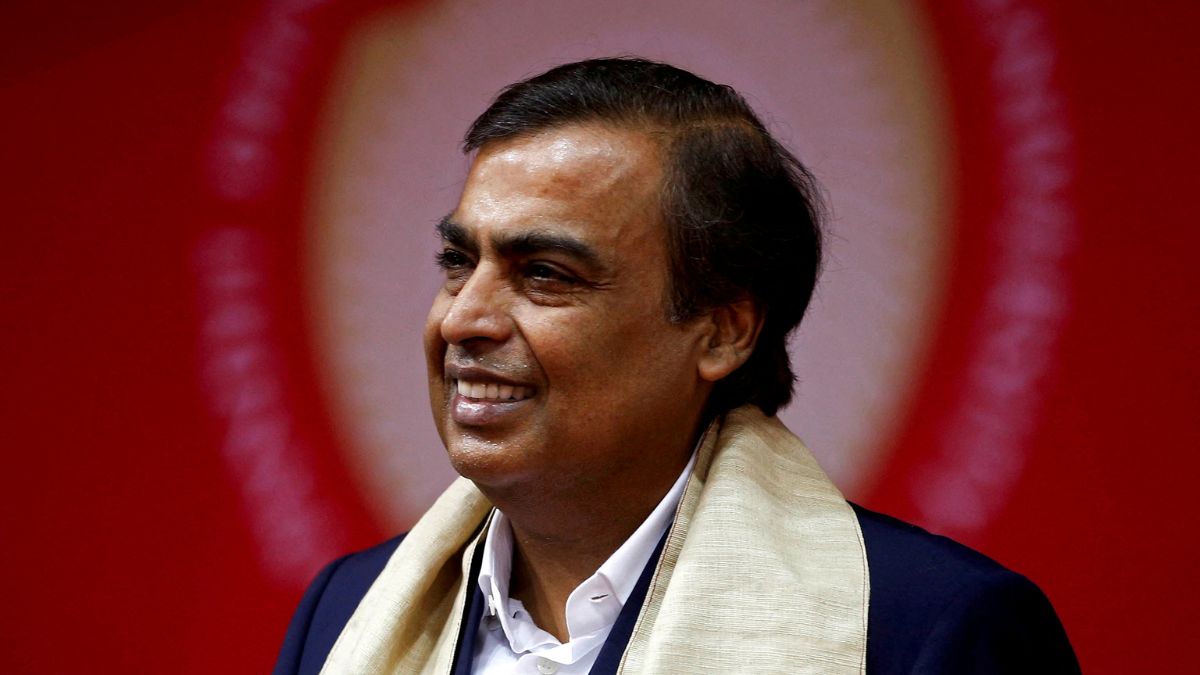Implemented in July 2022, the windfall tax aimed to curb private refiners’ preference for exporting fuel to capitalize on higher refining margins instead of domestic sales read more
)
India has reduced the windfall tax on crude oil. Image used for representative purpose/Unsplash
The central government has reduced the windfall tax on domestically produced crude oil to Rs 4,600 per tonne from the previous rate of Rs 7,000 per tonne. The tax is levied in the form of a Special Additional Excise Duty (SAED).
There will be no windfall tax on the export of diesel and aviation turbine fuel (ATF).
What is windfall tax?
A windfall tax is a one-time tax imposed by a government on companies that have benefited from unexpected or unusually high profits, typically due to external factors such as market fluctuations, regulatory changes, or geopolitical events.
Starting in July 2022, India implemented a windfall tax on crude oil producers and expanded the tax to include exports of gasoline, diesel, and ATF. This decision was made in response to private refiners wanting to sell fuel overseas to benefit from refining margins rather than selling it domestically.
Previous change to the tax
The government revises the windfall tax on petroleum crude every two weeks, based on the average oil prices from the previous fortnight.
In a recent update, the government increased the windfall tax on petroleum crude by 16.66 percent to Rs 7,000 per tonne from the previous rate of Rs 6,000 per tonne. This change was notified in a government notification issued on July 15.
Global crude price on the rise
Crude oil prices have crossed the $80 per barrel mark after the killing of a Hamas leader in Iran raised the threat of a wider Middle East conflict. The signs of strong oil demand in the US also helped extend gains.
The killings of Haniyeh, as well as Lebanon-based Hezbollah’s most senior military commander, Fuad Shukr, fuelled concern that the 10-month-old war in Gaza between Israel and Hamas was turning into a wider Middle East war, which could potentially lead to disruptions in oil supply from the region.
With inputs from Reuters

 1 month ago
18
1 month ago
18
)
)
)
)
)
)
)
)
)
)
)
)
)
)
)
)
)
)
)
)
)
)
)
 English (US) ·
English (US) ·